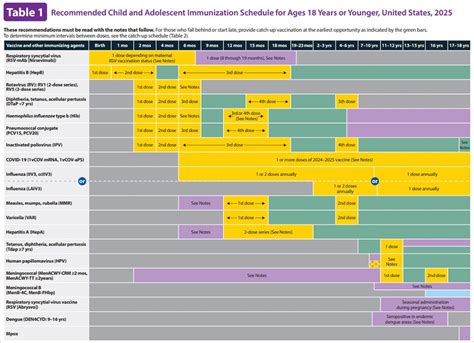Traveling
5 CDC Vaccination Tips

Introduction to Vaccination
Vaccination is one of the most effective ways to prevent infectious diseases and protect public health. The Centers for Disease Control and Prevention (CDC) plays a crucial role in promoting vaccination and providing guidance on vaccine safety and effectiveness. In this article, we will discuss 5 CDC vaccination tips that can help individuals make informed decisions about their health.
Understanding Vaccines
Before we dive into the tips, it’s essential to understand how vaccines work. Vaccines stimulate the body’s immune system to recognize and fight pathogens, such as viruses or bacteria, without causing the disease itself. This helps to build immunity and prevent the spread of infectious diseases. The CDC recommends a range of vaccines for individuals of all ages, from childhood to adulthood.
CDC Vaccination Tips
Here are 5 CDC vaccination tips to keep in mind: * Stay on schedule: The CDC recommends a vaccination schedule for children and adults. Staying on schedule ensures that you receive the necessary vaccines at the right time to protect against serious diseases. * Get vaccinated against flu: The flu vaccine is essential for protecting against influenza, a serious and potentially life-threatening disease. The CDC recommends that everyone 6 months and older get a flu vaccine each year. * Protect against HPV: The human papillomavirus (HPV) vaccine is recommended for preteens (ages 11-12) and can be given through age 26. This vaccine protects against certain types of cancer, including cervical, vaginal, and vulvar cancer. * Travel safely: If you’re planning to travel internationally, make sure you’re up-to-date on all recommended vaccines. The CDC provides guidance on vaccine requirements for travel to different countries. * Stay informed: The CDC provides a wealth of information on vaccine safety and effectiveness. Stay informed about the latest vaccine recommendations and talk to your healthcare provider if you have any questions or concerns.
Vaccine Safety
Vaccine safety is a top priority for the CDC. The CDC monitors vaccine safety through a range of systems, including the Vaccine Adverse Event Reporting System (VAERS). This system allows healthcare providers and individuals to report any adverse events that may occur after vaccination. The CDC also provides guidance on vaccine contraindications and precautions, such as allergies or certain medical conditions.
Vaccine Effectiveness
Vaccines are highly effective in preventing infectious diseases. According to the CDC, vaccines have been shown to: * Prevent serious diseases, such as measles, mumps, and rubella * Reduce the risk of hospitalization and death from infectious diseases * Protect against certain types of cancer, such as HPV-related cancers * Prevent the spread of infectious diseases in communities
📝 Note: It's essential to follow the recommended vaccination schedule and consult with your healthcare provider if you have any questions or concerns about vaccines.
Conclusion and Next Steps
In conclusion, vaccination is a critical component of public health, and the CDC plays a vital role in promoting vaccine safety and effectiveness. By following the 5 CDC vaccination tips outlined in this article, individuals can make informed decisions about their health and protect themselves against serious infectious diseases. Remember to stay on schedule, get vaccinated against flu, protect against HPV, travel safely, and stay informed about the latest vaccine recommendations.
What is the recommended vaccination schedule for children?
+
The CDC recommends a range of vaccines for children, including DTaP, MMR, and varicella. The recommended vaccination schedule can be found on the CDC website.
How often do I need to get a flu vaccine?
+
The CDC recommends that everyone 6 months and older get a flu vaccine each year.
What are the benefits of getting vaccinated against HPV?
+
The HPV vaccine protects against certain types of cancer, including cervical, vaginal, and vulvar cancer.